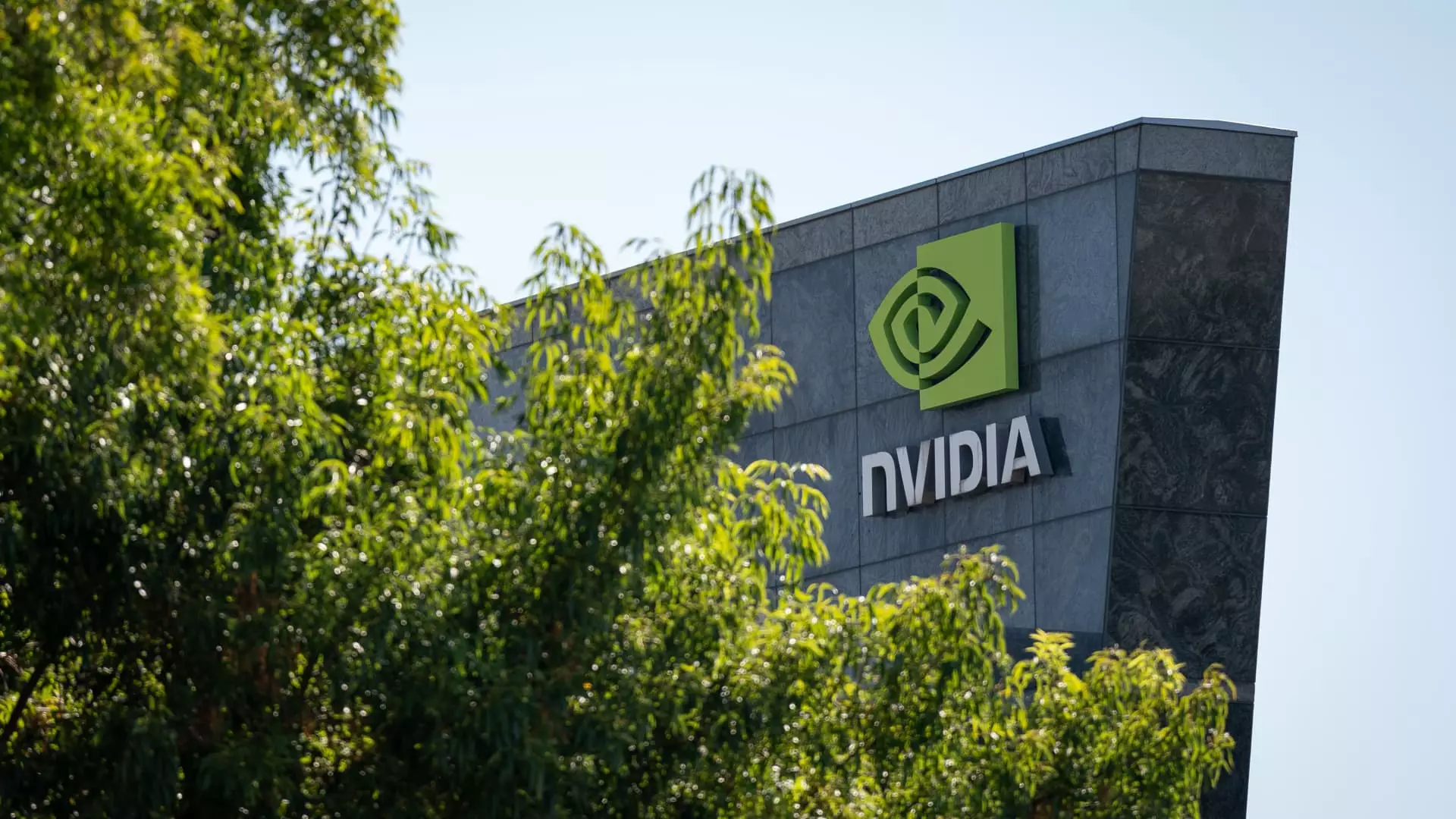In 2024, the investment landscape has been significantly shaped by advancements in artificial intelligence (AI), buoying key sectors of the market. This upward trajectory has seen the S&P 500 experience notable gains, particularly benefiting chip manufacturers and utility companies. For investors looking for enduring wealth, focusing on companies with robust long-term growth perspectives is crucial. Ultimately, the insights of top Wall Street analysts—whose performance metrics evaluate their stock recommendations—can provide valuable guidance in identifying promising investment opportunities. Below, we delve into three stocks that have captured the attention of leading analysts as potential winners in this AI-driven market.
Cybersecurity has never been more vital, and Fortinet (FTNT) is positioning itself to lead in the secure access service edge (SASE) domain. The integration of machine learning and AI technologies into their services is a strategic move to enhance cybersecurity solutions. A recent endorsement by TD Cowen’s analyst Shaul Eyal underscores this sentiment, as he has maintained a buy rating on Fortinet with a revised price target soaring to $90 from $75. Eyal believes that recent data and feedback indicate a sustainable rebound in Fortinet’s operations, with strong demand across its expansive product array.
This optimism is evidenced by projections that Fortinet’s revenue and billings for the third quarter may reach the upper limits of the company’s forecasts, with a slight possibility for exceeding even those expectations. Crucially, Eyal anticipates a decent growth trajectory into Q4, supported by a healthy pipeline and encouraging closure rates of new business deals. Moreover, the long-term replacement cycle for antiquated operational technology (OT) systems stands to benefit Fortinet significantly, as does its recent expansion into AI-driven networks and cloud security—a sector bolstered by its acquisition of Lacework.
The cloud-based software firm GitLab (GTLB) represents another AI-centric investment opportunity that has strong backing from analysts. Mizuho’s analyst Gregg Moskowitz has reiterated a buy rating for GitLab, pegging a price target of $62. The optimism surrounding GitLab’s potential is grounded in the company’s ambition to seize a larger share of the software development life cycle market—a space that remains relatively untapped, with GitLab and Microsoft’s GitHub only holding about 5% collectively.
Moskowitz’s confidence stems from ongoing management discussions, revealing a profound belief in their ability to harness a $40 billion total addressable market. Particularly noteworthy is the anticipated rise in demand for GitLab’s Duo Pro product, expected to augment significantly in 2025 due to the surge in generative AI technologies. Additionally, GitLab’s Dedicated offering has outperformed expectations, showing promising engagement rates that augment average revenue per client. Moskowitz’s insights reflect an overarching belief in GitLab’s long-term growth, reinforced by potential pricing adjustments, increased seat utilization, and opportunities for upselling.
Nvidia: Capitalizing on AI and Computational Demand
Finally, the semiconductor titan Nvidia (NVDA) stands at the forefront of innovation within the AI framework, particularly due to its cutting-edge graphics processing units (GPUs). These are quintessential in developing advanced AI models and applications. Following a recent investor meeting, Goldman Sachs analyst Toshiya Hari renewed his buy rating for Nvidia, enhancing the price target from $135 to $150. His assessment points to a growing understanding of Nvidia’s competitive advantage amid increasing complexity in inference workloads, which is pivotal to forecasting future compute requirements.
Hari’s ratings have been notably influenced by Nvidia’s leadership in data center expenditures, particularly as operators invest substantially in accelerated computing and GPUs. The anticipated launch of Nvidia’s Blackwell platform is a key factor that Hari believes will not only drive revenue in the near and medium terms but will also solidify Nvidia’s market dominance. This includes revised fiscal revenue projections from 2025 to 2027, factoring in rising cloud investments and favorable order trends from significant AI server manufacturers.
The intersection of technology and investment is increasingly dominated by AI prospects. The cases of Fortinet, GitLab, and Nvidia exemplify how innovation in technology sectors is attracting attention and potential investment returns, particularly from analysts who recognize the emerging trends and market dynamics. As AI continues to evolve and permeate diverse industries, discerning investors armed with robust analytical insights stand a greater chance of securing lucrative returns in the years to come. The strategic choices made today could very well define the investment landscape of tomorrow.

